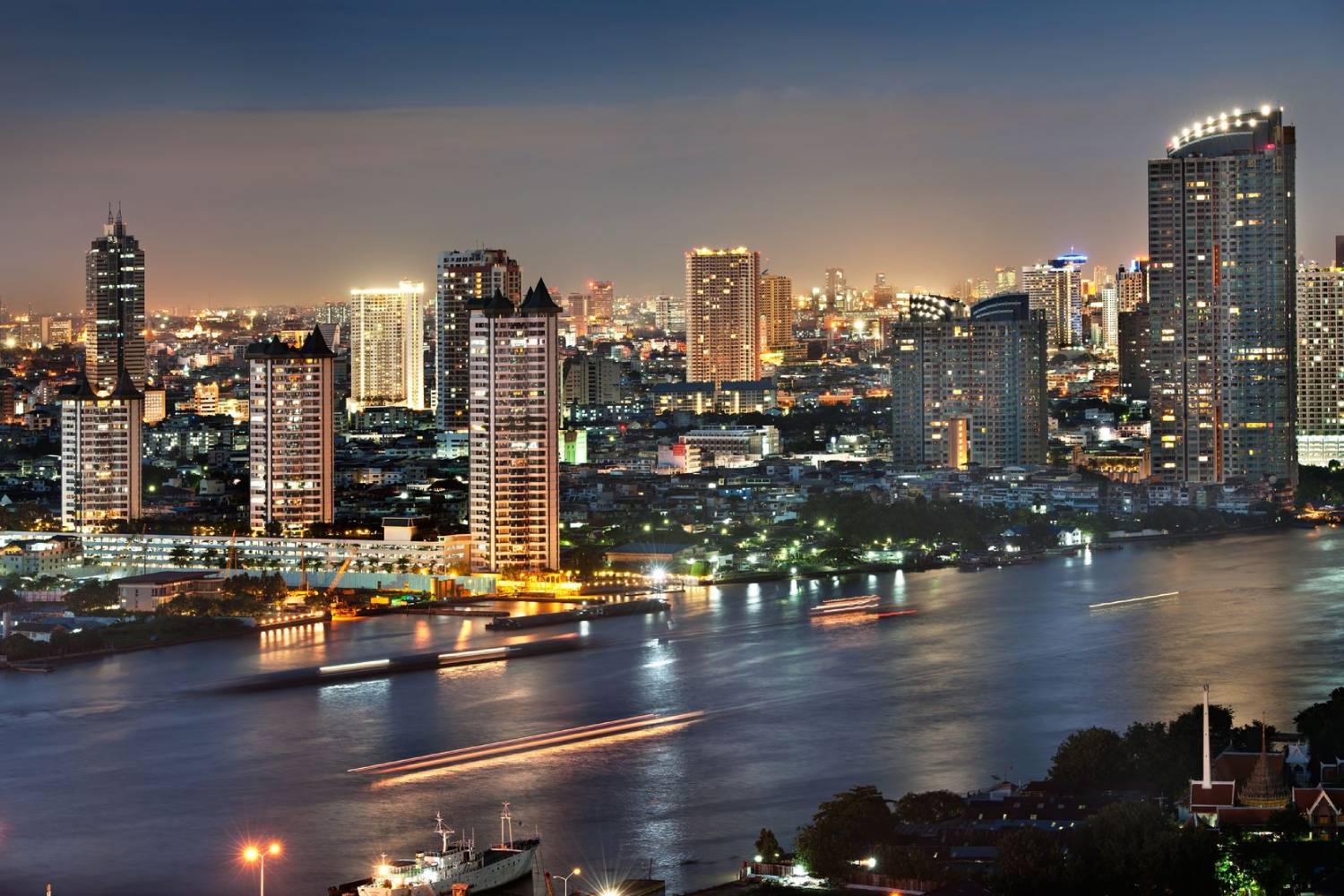Thailand and Vietnam are major destinations for foreign direct investment (FDI) in Asia, resulting in significant levels of cross-border transactions. According to the World Bank, in 2018 and 2019 Thailand attracted a combined net inflow of about USD 18 billion in FDI. During the same period, net inflows to Vietnam were USD 31.62 billion. These high volumes of inbound investment inevitably lead to a higher risk of disputes with everyone from suppliers, contractors, joint venture partners, borrowers, and of course state-owned companies and government agencies.
International arbitration is a viable means of handling such disputes. Both Thailand and Vietnam are contracting states to the United Nations Convention on the Recognition and Enforcement of Foreign Arbitral Awards (the “New York Convention”), so arbitral awards from other member states are enforceable. With this in mind, an international arbitration award has to be enforced. This usually means filing cases in the local Thai and Vietnamese courts. As explained in this report, both Thailand and Vietnam have legislative frameworks in place to enforce arbitral awards, but in practice, enforcement can be a challenging and time-consuming endeavor. Before electing to pursue arbitration against private and state entities, foreign investors should be aware of how awards are actually enforced in these emerging Asian jurisdictions.
To read the full article, please click here to download the report.






